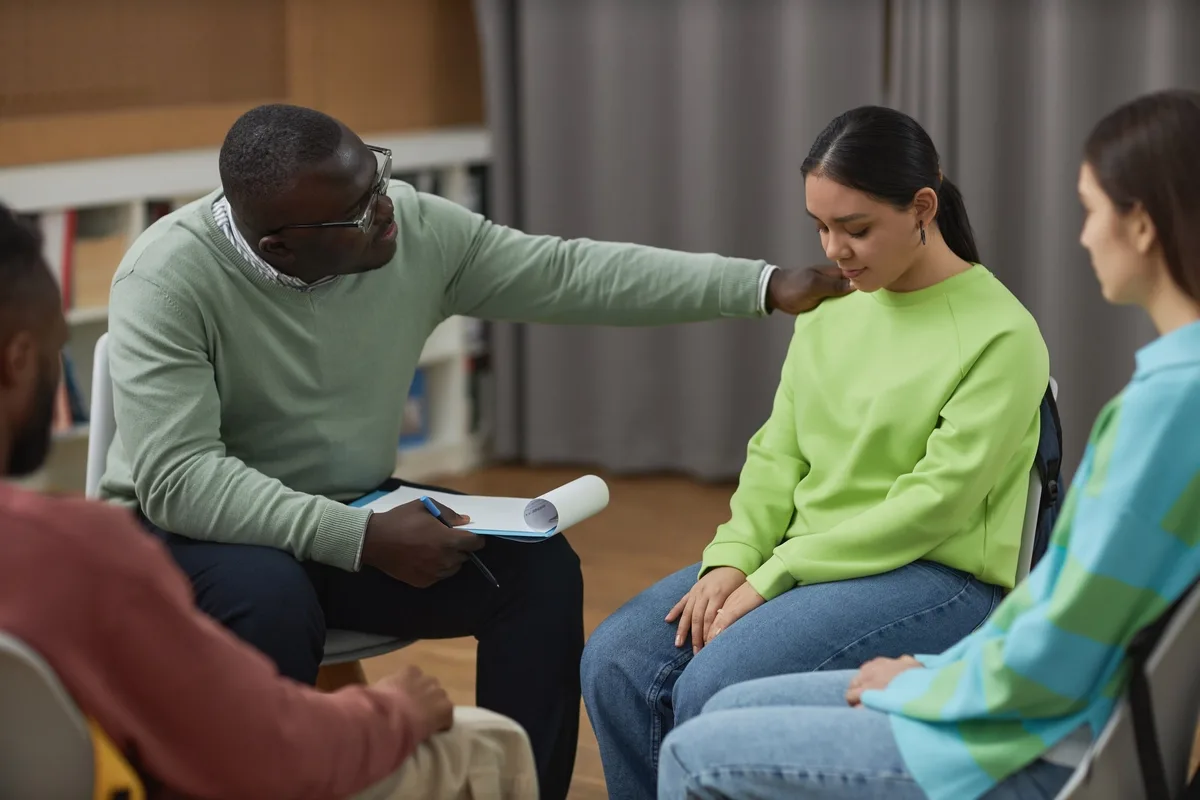24/7 Helpline:
(866) 899-221924/7 Helpline:
(866) 899-2219
Learn more about Medication-assisted Treatment centers in Pike County

Other Insurance Options

AllWell

Health Partners

State Farm

Health Choice

Group Health Incorporated

Medical Mutual of Ohio

CareFirst

Kaiser Permanente

Absolute Total Care

BlueCross

Multiplan

Highmark

Providence

Molina Healthcare

Coventry Health Care

Access to Recovery (ATR) Voucher

WellPoint

United Health Care

UnitedHealth Group

Sliding scale payment assistance

Region XI Southwest MS – Lifeskills Center
Region XI Southwest MS – Lifeskills Center is a private rehab located in Mccomb, Mississippi. Region...

Hospitality PSR Program
Hospitality PSR Program is a private rehab located in McComb, MS. Hospitality PSR Program specialize...











































New Directions
New Directions is a private rehab located in Mccomb, Mississippi. New Directions specializes in the ...

AA – Alcoholics Anonymous
AA – Alcoholics Anonymous is a private rehab located in Mccomb, Mississippi. AA – Alcoholics Anonymo...

Pine Grove Outreach Center
Pine Grove Outreach Center is a private rehab located in Mccomb, Mississippi. Pine Grove Outreach Ce...



























